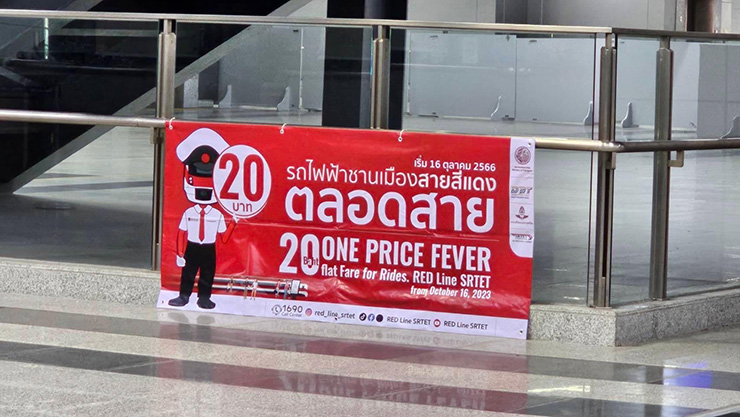A new ticketing scheme is being perfected at the Thailand Consumers Council as it gathers opinions about combining all public transportation systems into one single ticket. The Common Ticketing System Management Bill is seeking to unify all transportation systems and might as well bring the prices down for such services.
A Bangkok post article mentions that the main objective of the said bill is to “reduce the overlapping work of agencies handling the ticketing systems of various public transport services, improve convenience and safety, and ensure fairness in service pricing”, said Jiraroth Sukolrat, deputy director-general of the Office of Transport and Traffic Policy and Planning.
People’s Party (PP), the opposition, has submitted their own version of the unified ticketing bill with the government’s version, said PP list-MP Surachet Pravinvongvuth.
In the said bill, the PP’s version requires clarity on how much the ticket fares should be when all services are managed under the single ticketing system, the report says. Also, PPs version requires the system to “apply all types of public transport services including buses and boat, not only Bangkok’s electric train services, added Mr. Surachet.
According to the assistant to Transport Minister Suriya Jungrungreangkit, Krichanont Iyapunya, who represented Pheu Thai at the forum, said that the ruling party is determined to bring the cost of commuting on public transport down to 10% of the daily minimum wage.
By September, the maximum cost of commuting on any electric rail system will be 20 baht per trip. Another study is being done to see the possibility of lowering the fare of public buses to 10 baht per trip.
In talks of funding, Mr Kichanont said that the government will not require extra funding for the change since the State Railway of Thailand Fund has “enough at its disposal”. The fund is “adequate to support the low-cost public transit services for at least 2 years”.
Based on the pilot phase of the 20-baht electric train service, the government believes that the government will subsidise the fees less if passengers will grow. Today’s pilot phase on the Red and Purple lines is projected to break even in two years, according to the report.

